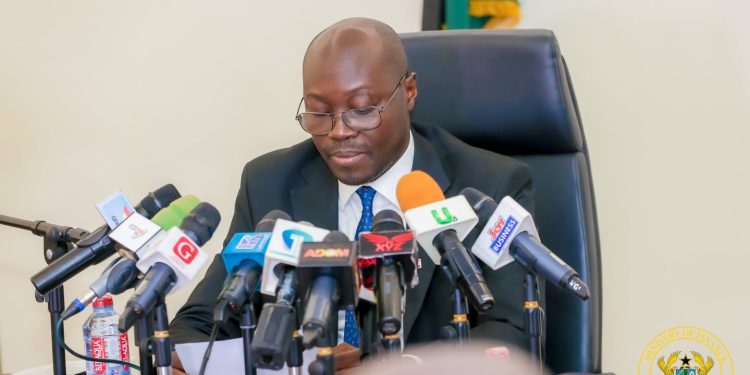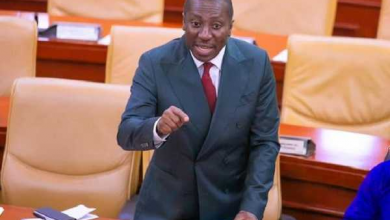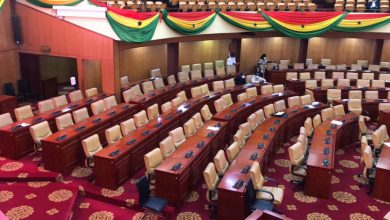
The International Monetary Fund (IMF) is set to engage in high-level discussions with the Ghanaian government this week as the country finalizes its 2025 budget, scheduled for presentation in March.
These talks come at a critical juncture, with the government planning to eliminate several controversial tax measures, including the Electronic Levy (E-Levy), betting tax, and COVID-19 levy. These taxes, introduced by the previous administration to boost domestic revenue, have faced significant public backlash from businesses and citizens.
As Ghana remains under the IMF’s $3 billion Extended Credit Facility (ECF) programme, the fund will carefully assess whether these proposed tax cuts align with the country’s fiscal consolidation objectives. The IMF will be particularly concerned about ensuring that the removal of these levies does not jeopardize revenue targets or derail Ghana’s economic recovery efforts.
Beyond taxation, the government is also under immense pressure to resolve the deepening financial crisis in the energy sector, where debts exceeding $2 billion continue to threaten stability. Independent Power Producers (IPPs) have repeatedly cautioned that unresolved arrears could lead to supply disruptions, exacerbating the country’s economic challenges. The government’s struggle to meet its foreign exchange obligations for energy sector payments has also contributed to the cedi’s depreciation.
During the discussions, the IMF is expected to demand concrete measures to enhance efficiency in the energy sector, improve cost recovery mechanisms, and establish a sustainable financial framework to prevent further economic strain.
The government is anticipated to present a clear strategy outlining how it intends to offset revenue losses from the tax reforms while addressing energy sector debts and maintaining macroeconomic stability.
The outcome of these deliberations will be closely monitored by investors, businesses, and international partners, as Ghana seeks to strike a delicate balance between prudent financial management, economic growth, and energy sector sustainability.





